The Age of the Personal Brand
12% of Americans say they have zero close friends.
Meanwhile, 50% of Americans are reportedly active on Instagram and it’s estimated that each user follows between 150 and 200 accounts. Out of the top 10 most followed accounts on Instagram, not a single one is a brand.
Further, out of the top 50 accounts on Instagram, only two are traditional brands; National Geographic and Nike.
While attention spans are sparse and content is fragmented, people connect with people more than ever before. At least digitally.
Recently, brands have struggled to connect with consumers, especially those who are digital natives. Media personalities like Mr. Beast and Joe Rogan get more impressions per episode than any traditional news or entertainment program.
The latter recently helped sway a U.S. election.
The saying ‘power to the people’ has taken on a whole new meaning, where social media-fueled connections result in real influence and purchasing power.
In the business world, strong personal branding, communicated through authentic thought leadership, is a powerful asset for executives—and by extension, their companies.
Why Personal Branding Matters More Than Ever
Whether you work at a startup or Fortune 500 company, personal branding is no longer optional for leaders. In fact, it can be a vital channel to organically and authentically break through the digital noise.
In an era where consumers are tuning out traditional brands, individual visibility and share of voice means increased trust and opportunity for your business.
Nowhere is this more apparent than the travel sector.
Just look at these personal posts on LinkedIn from Glenn Fogel, CEO of Booking.com, and Dara Khosrowshahi, CEO at Uber (left), versus similar posts from the respective branded accounts (right).
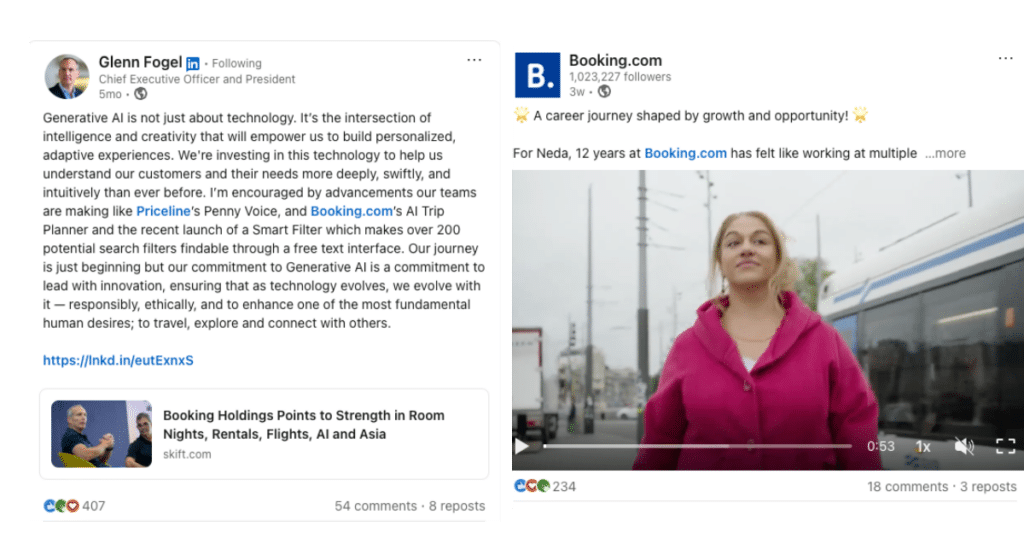
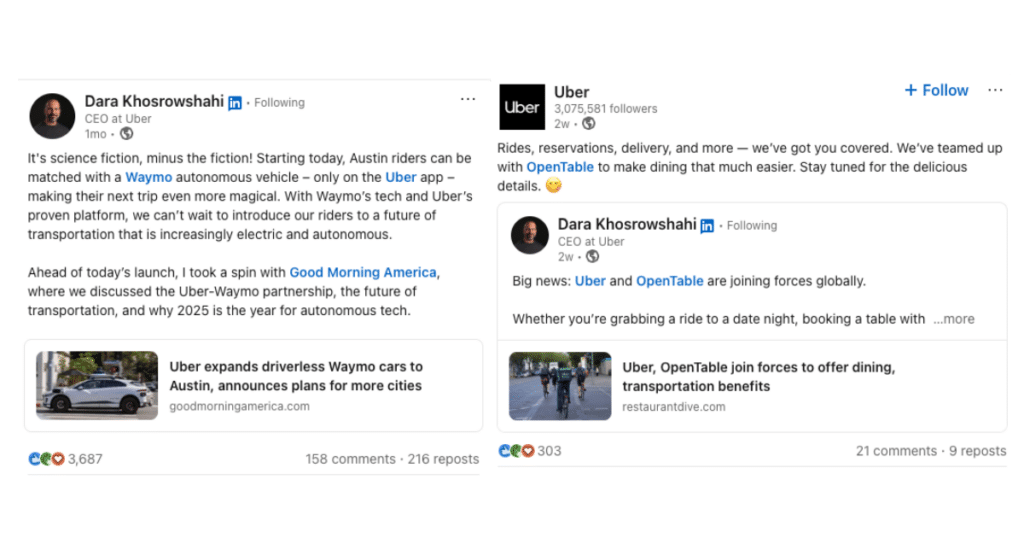
What do you notice?
In each instance, engagement with the personal posts from the respective executive is orders of magnitude higher than the brand itself. This is even true when the Uber corporate account shares a post direct from Dara Khosrowshahi.
Why are these CEOs so active on LinkedIn?
Because they know that influence flows downstream—from the C-suite to hiring, partnerships, and sales.
In the startup space, founders are often the best storytellers for their brands. Each founder takes a unique journey with unique challenges. They’re also often quite opinionated on industry topics and not afraid to speak their minds.
Thought Leadership as the Voice of Your Brand
To start your company’s thought leadership journey, it’s worth defining what constitutes thought leadership as well as some tips to properly execute these campaigns.
What is thought leadership?
Thought leadership is any communication disseminated via a company employee, most often an executive, that shares industry-relevant perspectives, tips, or a unique point of view.
Thought leadership is:
- Consistent, credible, and values-aligned
- Based on a relevant industry topic while offering a fresh, value-added perspective
- Anchored in genuine expertise and audience relevance
- Published in the name of a senior company executive, but sometimes drafted with help from a colleague or marketing agency
- Content that builds both personal and corporate brand equity and affinity
- Multi channel; including social media posts, keynote speeches, podcasts, and guest articles/op-eds on third-party sites and media
Thought leadership is NOT:
- A ‘hot take’
- Overly promotional in nature
- Full of company or industry jargon
- Condenscending or a way to call out competitors
- AI-diluted content
Real-World Examples from Our Work
At Dune7, thought leadership is a key component to our b2b organic marketing services. Here’s a couple of recent examples.
Kaptio is an Icelandic software company leading innovation in the multi-day experience industry. Kaptio tasked Dune7 with positioning the brand and its co-founder, Ragnar Fjölnisson, to tour operator decision makers and industry observers within the broader travel trade.
Vio is a global OTA/metasearch site that also features a white label booking solution for the travel trade. The Vio team needed to increase awareness of the brand and product among a b2b audience and turned to Dune7 to lead its publicity strategy.
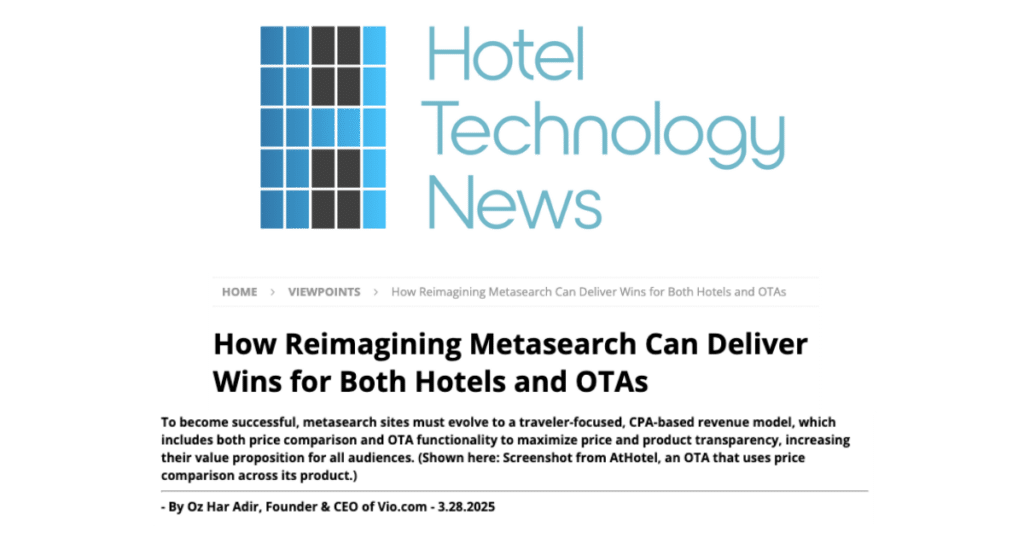
Conclusion: The Compounding Power of a Personal Brand
Strong personal brands don't just elevate people—they elevate companies, movements, and ideas. Starting in on a thought leadership strategy can be daunting, but it doesn’t need to be.
Start by simply identifying colleagues who can act as engaging spokespeople for your brand. A good corporate PR plan should focus as much on developing these personal brands as the larger company brand itself.
While personal brand development does take some time and consideration, the ROI is meaningful and will likely continue to grow as audiences seek out real, authentic connections.

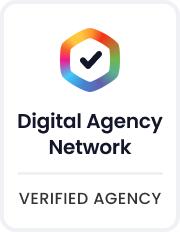
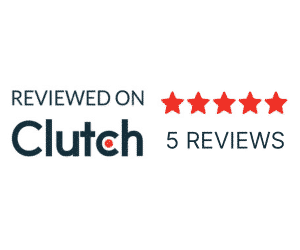
No comments.